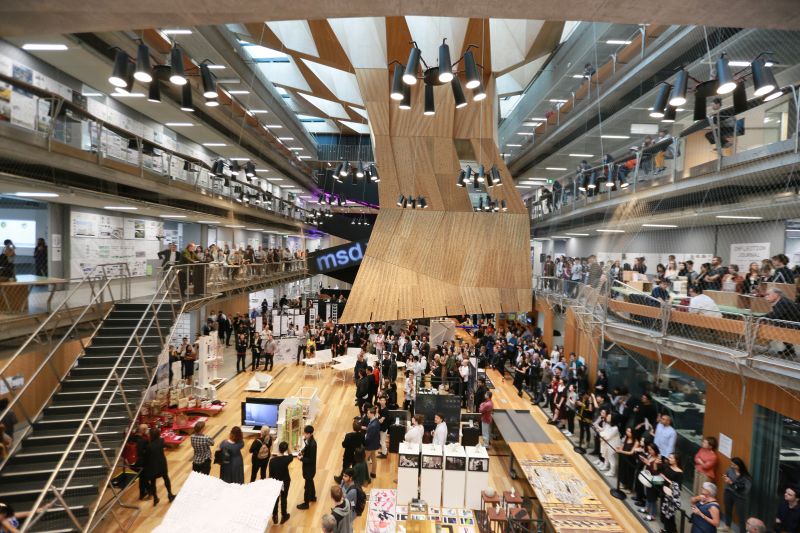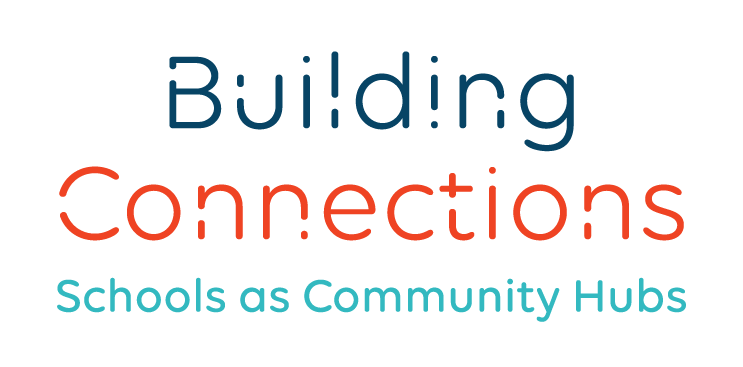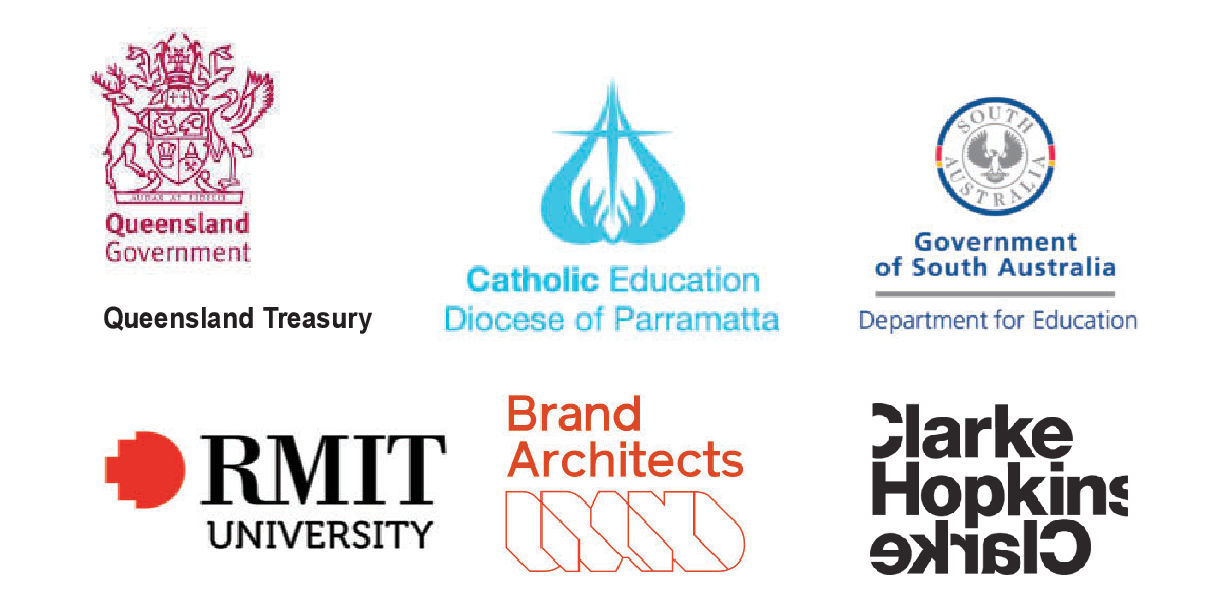Schools as Community Hubs International Conference 2020

Online conference
The University of Melbourne
3 - 4 December
Building Connections
The relationships between schools and communities are often complex. Educating young people invariably remains the principal goal, yet additional objectives commonly emerge. As cities around the world intensify and societal dynamics change, pressure on schools to become ‘more than a school’ appears to be increasing. The Schools as Community Hubs International Conference explores the expanded roles of schools, investigating how and in what ways schools may offer more to their communities – historically, currently, and into the future.
Given the ongoing nature of the global pandemic, the conference will now be delivered online.
We look forward to seeing you in December!
Date and time
The conference programme will be split across 2 days to support maximum participation across your time zones:
- AEDT (Sydney/Melbourne/Hobart/Canberra): 9:00am – 1:00pm on Thursday 3 and Friday 4 December 2020;
- ACDT (Adelaide): 8:30am – 12:30pm, Thursday 3 and Friday 4 December;
- AEST (Brisbane): 8:00am – 12:00pm, Thursday 3 and Friday 4 December;
- U.S. EST (Philadelphia/Baltimore/New York): 5:00pm – 9:00pm, Wednesday 2 and Thursday 3 December;
- GMT (London): 10:00pm – 2:00am, Wednesday 2 and Thursday 3 December (rolled over to next morning);
- CET (Paris): 11:00pm – 3:00am, Wednesday 2 and Thursday 3 December (rolled over to next morning).
Key deadlines*
- 5 December 2019: Call for papers opens (lapsed)
- 24 February 2020: Abstracts due for blind peer-review (lapsed)
- 17 March 2020: Notification of successful submissions (lapsed)
- 24 August 2020: Conference paper of 1500-2000 words due for peer-review (lapsed)
- 5 October 2020: Return of reviewer comments to presenters for inclusion in final paper for conference proceedings (lapsed)
- 9 November 2020: Re-submission of final conference paper for publication in proceedings
- 26 November 2020: Submission of pre-recorded presentations.
- 3-4 December 2020: Conference dates.
* in Australian times.
Conference Program

Event host:
Dr Philippa Chandler.
Day 1
- 9:00 Welcome Day 1 – Dr Benjamin Cleveland
- 9:10 Keynote provocation - Lee Callum, Former School Principal and Retired Executive Director in Queensland Government.
- 9:40 Presentation Panel 1: Schools at the heart of urban development – Facilitated by Professor Janet Clinton
- Dr Ariel Bierbaum, Alisha Butler, Erin O'Keefe (University of Maryland)
School-Centered Neighbourhood Revitalization in Baltimore - Dr Tony Matthews (Griffith University), A/Prof Clare Newton (The University of Melbourne), Dr Mirko Guaralda & A/Prof Severine Mayere (Queensland University of Technology)
Vertical Schools as Community Hubs - Ben Coulston (Architect/Urban designer)
Outside the classroom: Spatial considerations to facilitate school-community relationships - Dr Fatemeh Aminpour (University of New South Wales)
Vertical schools as community hubs in high-density residential neighbourhoods
- Dr Ariel Bierbaum, Alisha Butler, Erin O'Keefe (University of Maryland)
- 10:30 Q&A / Facilitated Discussions
- 11:00 Break
- 11:20 Presentation Panel 2: Connecting with the early years – Facilitated by Dr Ben Cleveland
- Peter Moeck (Peter Moeck Architect) & Angela Branford (Calvary Lutheran Primary School)
Calvary Community Hub - Leigh Goodenough (formerly Lutheran Community Care) & Kathlene Wilson (Lutheran Community Care)
The Family Zone: A school-based, multi-partnership approach to child and family wellbeing - Dr Alexandra Fraser & Margaret Rutherford (Our Place)
Our Place: Opening the schools gates to the community
- Peter Moeck (Peter Moeck Architect) & Angela Branford (Calvary Lutheran Primary School)
- 12:10 Q&A / Facilitated Discussions
- 12:40 Day 1 Reflections
- 13:00 End of Day 1
- 13:30 30-minute opt-in networking session (TBC)
Day 2
- 9:00 Welcome Day 2
- 9:10 Presentation Panel 3: Partnering for better community outcomes – Facilitated by Associate Professor Clare Newton
- David Tordoff (Hayball Architecture) & Julia Atkin (Consultant)
The 21st Century Learning Hub: Lessons from a joint use school and community library project in regional Australia - Cindi Hron (Penn State University)
Antecedents of Schools as Community Hubs: The lasting influence of John Dewey’s philosophy and contemporary adaptations - Natalie Miles (The University of Melbourne)
Integration of schools and community infrastructure: A network analysis - Martin Brennan (The University of Melbourne)
Groundhog Day
- David Tordoff (Hayball Architecture) & Julia Atkin (Consultant)
- 10:00 Q&A / Facilitated Discussions
- 10:30 Break
- 10:50 Presentation Panel 4: Enabling community hub activity – Facilitated by Associate Professor Ian McShane
- Robert Polglase (The University of Melbourne)
Researching Education and Community Policy Settings for Schools as Community Hubs - Carolina Rivera Yevenes (The University of Melbourne)
Understanding the development and implementation of schools as community hubs: A case study approach - Linus Tan, Ravi Bessabava & Kristen Hebden (Swinburne University of Technology)
Benefits and challenges of transforming high school makerspaces into working hubs for the maker community
- Robert Polglase (The University of Melbourne)
- 11:30 Q&A / Facilitated Discussions
- 12:00 Break
- 12:30 Panel: Partner Reflections
- 12:50 Building Connections: Closing remarks
- 13:00 Conference close.
** All times in AEDST (Melbourne time). Program subject to change.
+ Speaker profile will be progressively released. Click on each paper title above to read its abstract and author(s)' bio(s).
Registration fees
Speakers/Paper authors
- 250AUD per paper - registered by at least one author/speaker
- 95AUD per additional speaker - general registration for additional registrants associated with each paper
Attendees
- 95AUD - General registration for conference participants
- 45AUD - Discounted registration for conference participants (student/unwaged)
Please note: The proceeds from ticket sales will a) support production of the Conference Proceedings, and b) contribute to the Open Access fees for an edited book bringing together key insights from the Building Connections research project.
This research is supported under Australian Research Council’s Linkage Projects funding scheme [LP170101050]. The views expressed herein are those of the authors and are not necessarily those of the Australian Research Council.


Partner organisations

